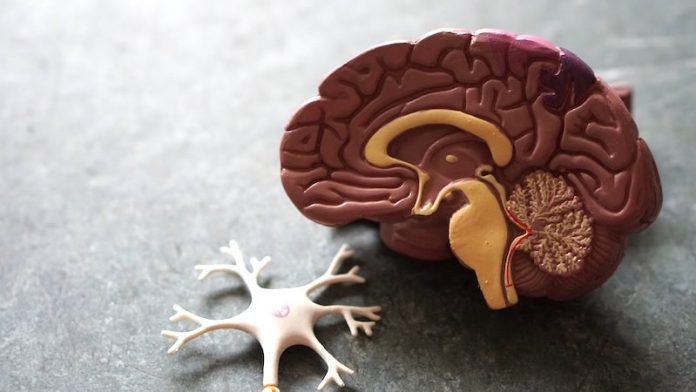
In a recent study published in Nature Aging, researchers found a new biomarker of Alzheimer’s disease.
They reported how declines in a measure of brain network organization precede cognitive impairment in older adults.
Researchers also found that brain network declines are greater among individuals without a college education, suggesting that there are aspects of an individual’s environment that may accelerate brain aging.
The study is from the University of Texas at Dallas and was conducted by Dr. Gagan Wig et al.
It is well known that older adults with lower education levels are at a greater risk of dementia. But it’s unknown why some are more likely to develop dementia than others.
The results from this study shed light on an important biomarker of clinical decline by showing that the trajectory of a person’s brain network organization varies according to their educational attainment, and is a unique indicator of individual brain health during older age.
In the study, the team analyzed existing data that includes adults between the ages of 40 to 80, who received two to five MRI scans, and multiple clinical visits (the latter up to 10 years after the participant’s last MRI).
Researchers examined the link between the participant’s education levels and changes in brain network organization over time while also accounting for demographics and various measures of health and pathology.
Brain network changes were evaluated in relation to the trajectories of clinical decline.
While there are other known predictors of the development of Alzheimer’s disease, such as a person’s genetics and pathology, not everyone who has genetic risk or even the presence of pathology exhibits symptoms of dementia.
However, the brain network measure changes observed in this study were independent of these other known risk markers, which suggests it contains unique information.
Importantly, the researchers found that the link between brain network decline and cognitive impairment was observed regardless of an individual’s education.
This suggests that there are more specific aspects of an individual’s environment that modify the brain’s network organization.
The researchers are now working towards identifying the specific aspects of an individual’s environment that matter most for maintaining their brain network integrity.
If you care about Alzheimer’s disease, please read studies about COVID-19 and Alzheimer’s disease are connected, and findings of two old drugs that may help treat Alzheimer’s disease.
For more information about Alzheimer’s and brain health, please see recent studies about new non-drug treatment may help prevent Alzheimer’s effectively, and results showing why some older people less likely to have Alzheimer’s disease.



